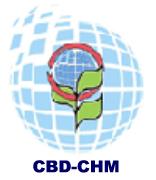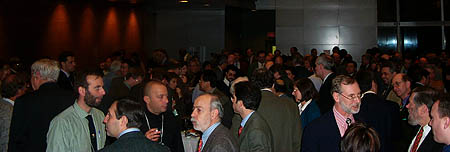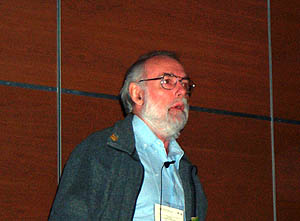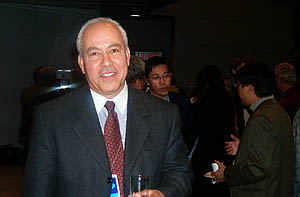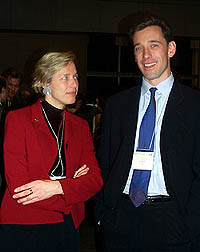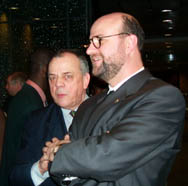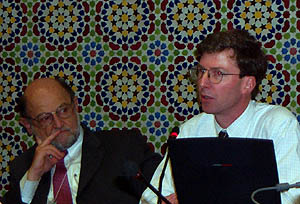 
|
||
|
5th Meeting of the Subsidiary Bodies for Scientific,Technical and Technological Advice (SBSTTA) of the Convention on Biodiversity (CBD). Montréal,
CANADA |
||
|
|
||
|
Wednesday 02 February :
On Tuesday 01 February, delegates met in Plenary to hear presentations on sustainable use by Karimou Ambouta and on the ecosystem approach by Daniel Janzen. Discussions then continued within Working Groups. Working Group One (WG-1) addressed drylands and agricultural biodiversity. Working Group Two (WG-2) addressed the ecosystem approach and biodiversity indicators.
Using the Guanacaste Conservation Area in Costa Rica as a reference point, Daniel Jackson of the University of Pennsylvania illustrated the ecosystem approach in real terms. He introduced the concept of the "gardenification of nature," seeing humans cultivate and utilize natural ecosystems for products and services. Stressing the need to combine the traditional park conservation approach ("save it"), the scientific approach ("know it"), and the commercial approach ("use it"), Janzen advocated an adaptive management strategy, incorporating decentralization, popular education, and empowerment. He then reoriented popular perceptions of natural resource processes (such as watershed cycles) and human activities (such as cultivation) towards an economy of inputs and outputs, products and services. In closing, he called on countries to implement at least one such local adaptive management, "ecosystem approach" project. Side Events: SBSTTA-5 Reception . Millennium Ecosystem Assessment:
With a clearly defined vision, the Millennium Assessment (MA) has 3 defining features:
More information can be found out about the MA at its website : [http://www.ma-secretariat.org/] | |
|
| |
| © 2000, International Institute for Sustainable Development (IISD). All rights reserved. |
|
